Five sustainable development objectives for Nant de Drance SA
Nant de Drance has identified five Sustainable Development Goals that are of particular relevance and will therefore be prioritised. These will form the pillars of the future sustainability strategy and ESG (environmental, social and governance) approach of the Nant de Drance plant project. The five SDGs are presented below, as described by the Swiss Federal Department of Foreign Affairs.
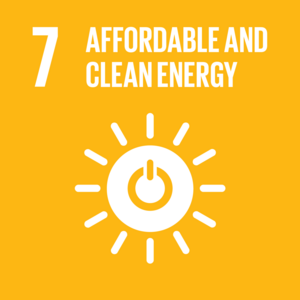
Ensure access to affordable, reliable and modern energy for all.
Given that sustainable development goes hand in hand with climate-friendly economic development, the aim is to achieve a substantial increase in the share of renewables in the global energy mix and a doubling in the global rate of improvement in energy efficiency. It is also important to encourage research in the areas of renewable energy and energy efficiency as well as investment in energy infrastructure and clean energy technologies.
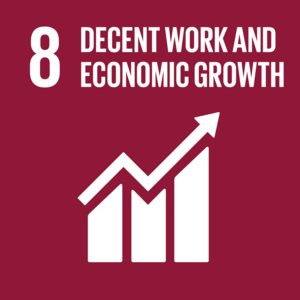
Promote sustained, inclusive and sustainable economic growth, full and productive employment and decent work for all.
Over 200 million people around the world are currently unemployed, especially young people. Employment and economic growth play a significant role in combating poverty. It is critically important, both for developing countries and for industrialised and emerging countries, to promote sustainable growth and a green economy, and to create a sufficient number of decent jobs while respecting human rights and planetary limits.
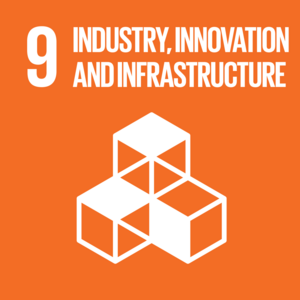
Build resilient infrastructure, promote inclusive and sustainable industrialisation and foster innovation.
More efficient use of resources and increased adoption of clean and environmentally sound technologies and industrial processes are necessary to make infrastructure and industries sustainable. The objective aims to support technology development, research and innovation, especially in developing countries. It also aims to provide small-scale industrial and other companies with greater access to financial services including affordable credit, and increase the integration of these companies into value chains and markets.
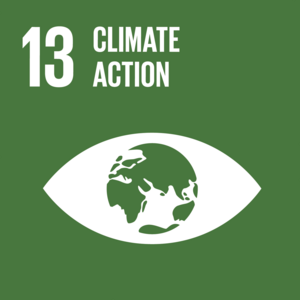
Take urgent action to combat climate change and its impacts.
Climate change is a key challenge with regard to sustainable development. The warming of the earth’s atmosphere is triggering changes in the global climate system. These changes threaten the livelihoods of large sections of the population in less developed countries, while infrastructure and certain economic sectors are particularly vulnerable to the risks of climate change in developed regions.
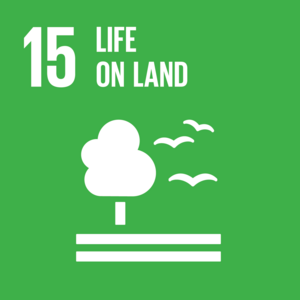
Protect, restore and promote sustainable use of terrestrial ecosystems, sustainably manage forests,
combat desertification, curb and reverse land degradation and halt biodiversity loss.
The conservation and sustainable use of biodiversity are vital to social and economic development and to humanity’s survival. However, there is evidence of an ongoing decline in biodiversity along with a loss in forested areas that threatens human prosperity, with poor rural populations – including indigenous and local communities – particularly affected. Biodiversity and forests help reduce poverty, for example by underpinning food security and human health, providing clean air and water, absorbing CO2 emissions and providing a basis for environmental development.



